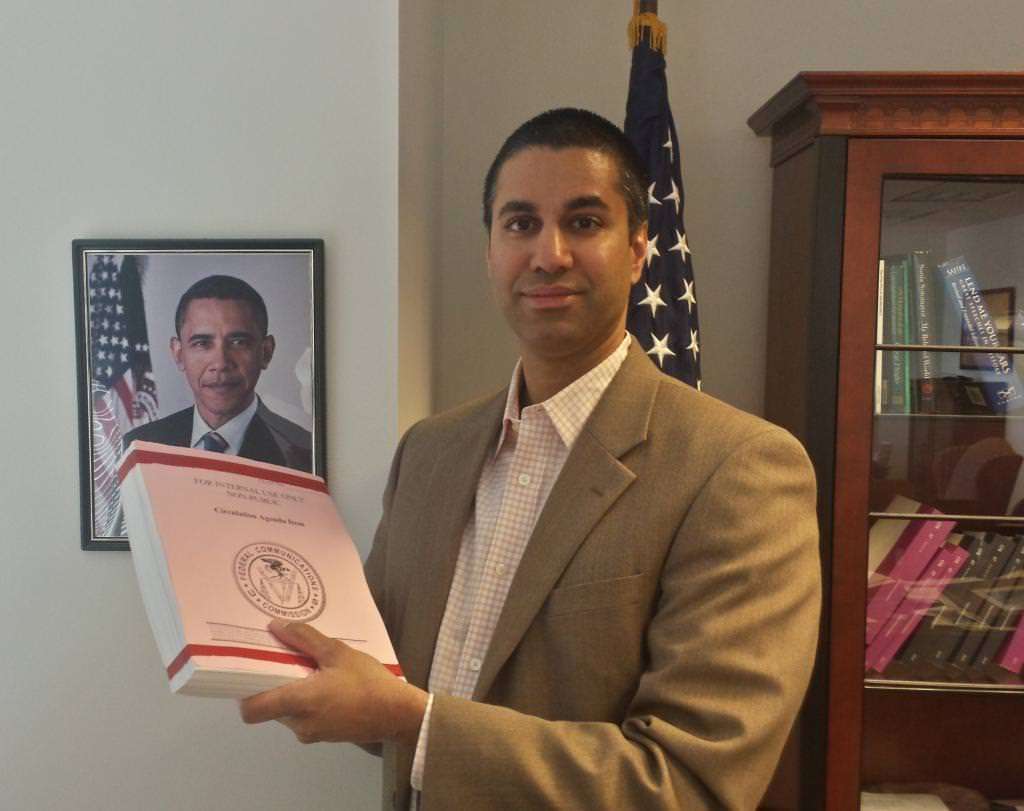Republicans Rail Against Utility Regulations for the Internet
There's not much the GOP can do to prevent the FCC's proposed Title II reclassification of the Net.

Politico outlines the GOP's strategy against the Federal Communications Commission's (FCC) big vote on regulating the Internet like a utility.
GOP leaders are mounting a multipronged attack on Chairman Tom Wheeler's rules, which would tighten regulation of Internet service providers to ensure all Web traffic is treated equally. They've launched investigations into alleged White House interference in the FCC process, drafted an alternative and weaker net neutrality bill, complained the agency is drawing up plans behind closed doors — and even used net neutrality as a political rallying cry to supporters.
The strategy is really more of a messaging plan than anything. Republicans plan to emphasize the extensiveness of the FCC's plan to reclassify Internet service as a Title II utility, and to complain about the secrecy of the details as well as the White House's unusual push to put these rules in place. They're not wrong, exactly. I've made similar arguments.
But I'm not sure how much good it will do. The FCC vote, scheduled for later this month, is up to the agency's five commissioners, three of whom are Democratic appointees expected to approve the measure.
Republicans in Congress are also responding with legislation that, according to Politico, "would prevent ISPs from blocking or throttling Web traffic — while also avoiding utility-style rules for broadband and tying the FCC's hands on regulating the Internet."
Basically, it's net neutrality that big Internet providers would be happy to live with, and, if I had to guess, probably helped craft. No doubt there are giveaways and protections built in for big ISPs. This is less than ideal, although probably not quite as worrisome as the FCC's truly radical Title II plan. (The real winners, no matter what happens, are telecom lobbyists and lawyers.)
It's also largely meaningless, except as a protest measure. With little or no Democratic support and a guaranteed veto in the White House, no Republican net neutrality bill has a chance.
That doesn't mean that utility-style regulation for the Internet is a done deal. Presuming the measure passes, it will almost certainly be challenged in court, where it's at least plausible, and perhaps probable, that it will be thrown out, just like the FCC's last two attempts to regulate net neutrality. Indeed, the folks at TechFreedom argue that Wheeler's move guarantees the FCC will eventually lose in court. We'll see.
In the meantime, Republicans will continue to declare their objections to the FCC's regulatory overhaul of the Internet. It would be nice if they succeeded in stopping or slowing the move, but the FCC's three Democratic commissioners haven't exactly been swayed by Republican concerns in the past, and I doubt they will this time either.


Show Comments (71)